Thousands Celebrate Mali Leader's Ouster As Diplomatic Pressure Builds After Coup
Thousands of Malians took to the streets of the capital Bamako on Friday to celebrate the military ouster of President Ibrahim Boubacar Keita, as West African envoys prepared to join diplomatic pressure to resolve the crisis triggered by the coup.
Rebel soldiers seized Keita and other leaders after a mutiny on Tuesday at Kati, a military base outside the capital, dealing another deep blow to a country already struggling with an Islamist insurgency and wide public discontent over its government.
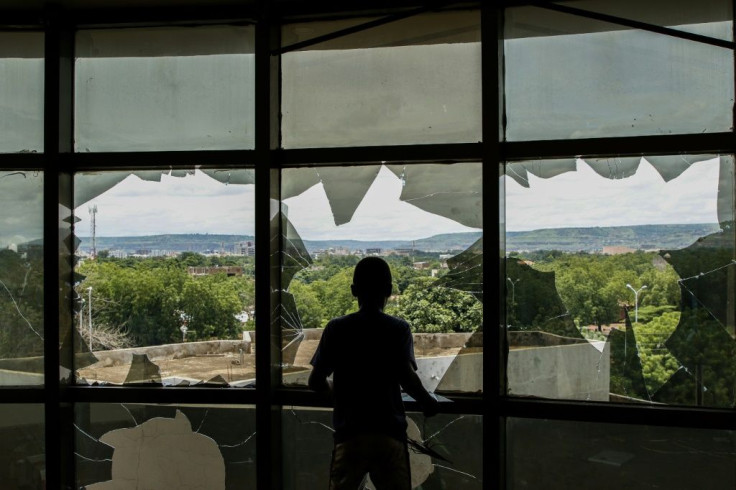
Keita's ouster was met with celebration in the capital on Friday, as thousands gathered in Bamako's central square draped in the national flag and blasting on vuvuzela horns.
The rally, originally organised as an anti-Keita protest staged by a loose coalition that has lead months of mass rallies against him, was recast to "celebrate the victory of the Malian people".
"I am overjoyed! We won," said Mariam Cisse, 38.
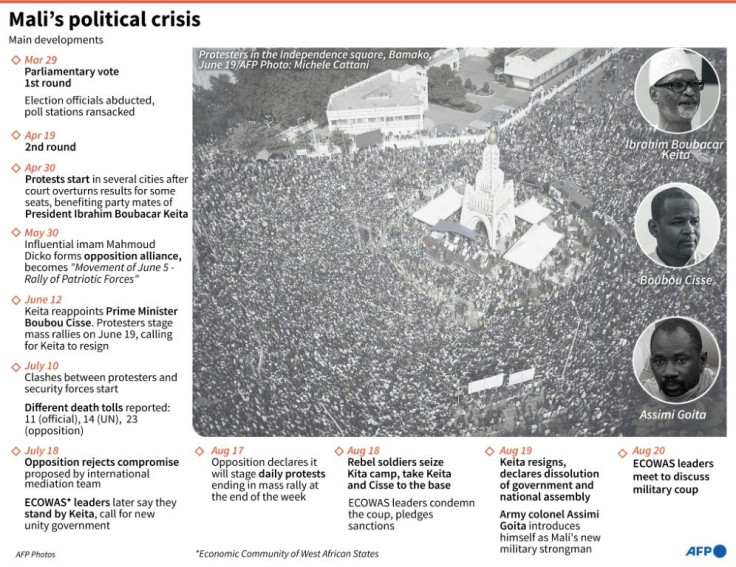
Speaking at the rally Ismael Wague, spokesman for the new junta, paid tribute to the public.
"We merely completed the work that you began and we recognise ourselves in your fight," he said.
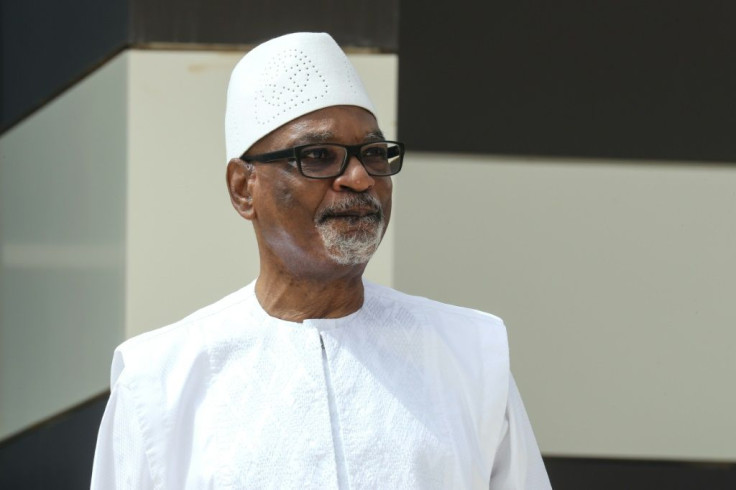
The West African bloc ECOWAS will send envoys to Mali on Saturday, the new junta said, after it gave the UN access to the ousted president and released two other leaders held in the dramatic rebellion that has drawn widespread international condemnation.
The delegation to Bamako will be led by former Nigerian president Goodluck Jonathan, an ECOWAS source said, describing the trip as aiming "to help the search for solutions".
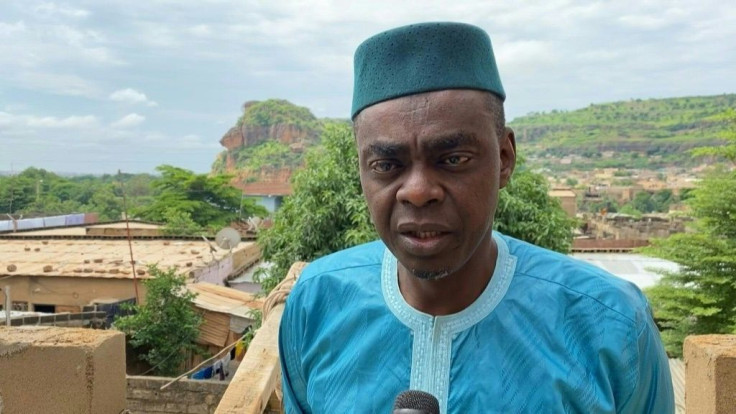
He will be joined by the president of the ECOWAS Commission, Jean-Claude Kassi Brou, and Niger's foreign minister, Kalla Ankourao.
A junta official told AFP that the envoys would be received "with pleasure... it is important to talk to our brothers."
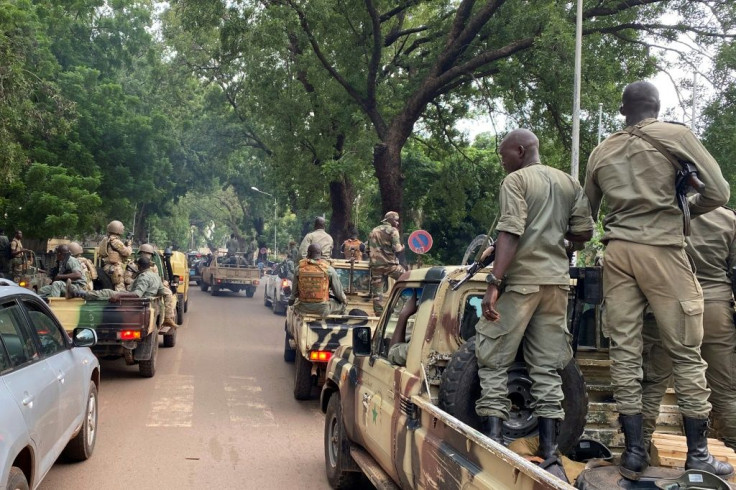
ECOWAS -- the 15-nation Economic Community of West African States -- on Thursday announced it would dispatch a high-level delegation "to ensure the immediate return of constitutional order".
ECOWAS has demanded Keita be restored as president and bluntly warned the junta that they bore "responsibility for the safety and security" of the detainees.
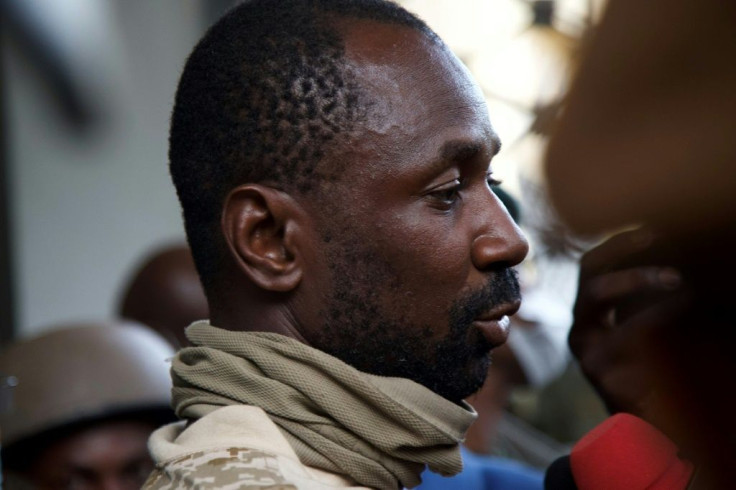
Keita won election in a landslide in 2013, presenting himself as a unifying figure in a fractured country, and was re-elected in 2018 for another five-year term.
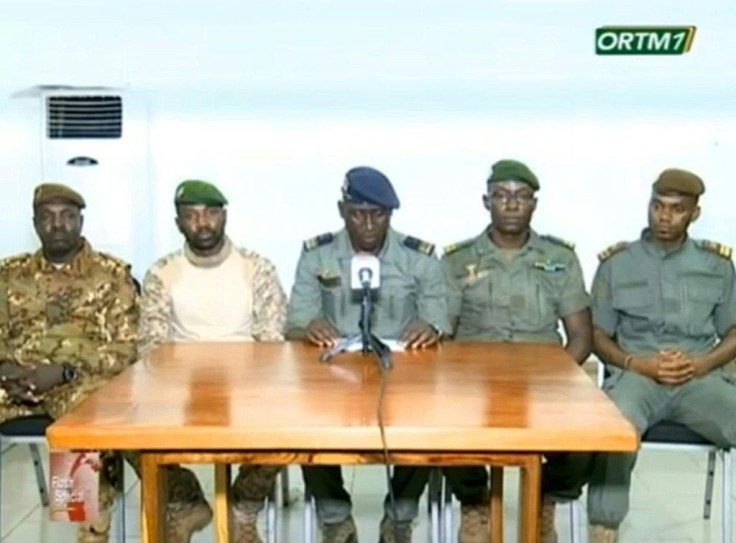
But he failed to make headway against the jihadist revolt that has left swathes of the country in the hands of armed Islamists and ignited ethnic violence in the country's volatile centre.
Thousands of UN and French troops, along with soldiers from five Sahel countries, have been deployed to try to stem the bloodshed from Islamist militant violence.
The United States on Friday suspended military aid to Mali, with no further training or support of the Mali armed forces.
"We have halted everything until we can clarify the situation," the US special envoy for the Sahel, J. Peter Pham, told reporters. "It's not clear which forces are involved in the mutiny, who is involved specifically, where loyalties lie."
The UN's peacekeeping mission in Mali announced that a human-rights team had gained access to the ousted president and other detainees late Thursday.
A junta member said the coup leaders had "authorised" the visit and also released former economy minister Abdoulaye Daffe and Sabane Mahalmoudou, Keita's private secretary.
"Two prisoners have been released. There are still 17 in Kati. This is the proof that we respect human rights," the junta member said.
Keita and Prime Minister Boubou Cisse are being held in a villa in Kati, without a television, radio or phone, while the others are in a training centre, where they are sleeping on mattresses and have a TV, according to witnesses to the visit.
The 75-year-old ousted president "looked tired but relaxed," they said, describing his conditions as "acceptable".
Those detained, according to various sources, include Defence Minister Ibrahima Dahirou Dembele, Security Minister M'Bemba Moussa Keita, the president of the National Assembly, Moussa Timbine, as well as the heads of the army and air force.
Their fate has been a focal point of international concern.
Tuesday's coup the second in eight years, and has heightened concern over regional stability.
A putsch in Mali in 2012 was followed by an insurrection in the north of the country which developed into a jihadist insurgency that now threatens neighbouring Niger and Burkina Faso.
The junta has named their organisation the National Committee for the Salvation of the People, under the leadership of a 37-year-old colonel named Assimi Goita, who commanded Mali's special forces battalion.
The transition "will be the shortest possible," he told France 24 television.
© Copyright AFP 2024. All rights reserved.




















